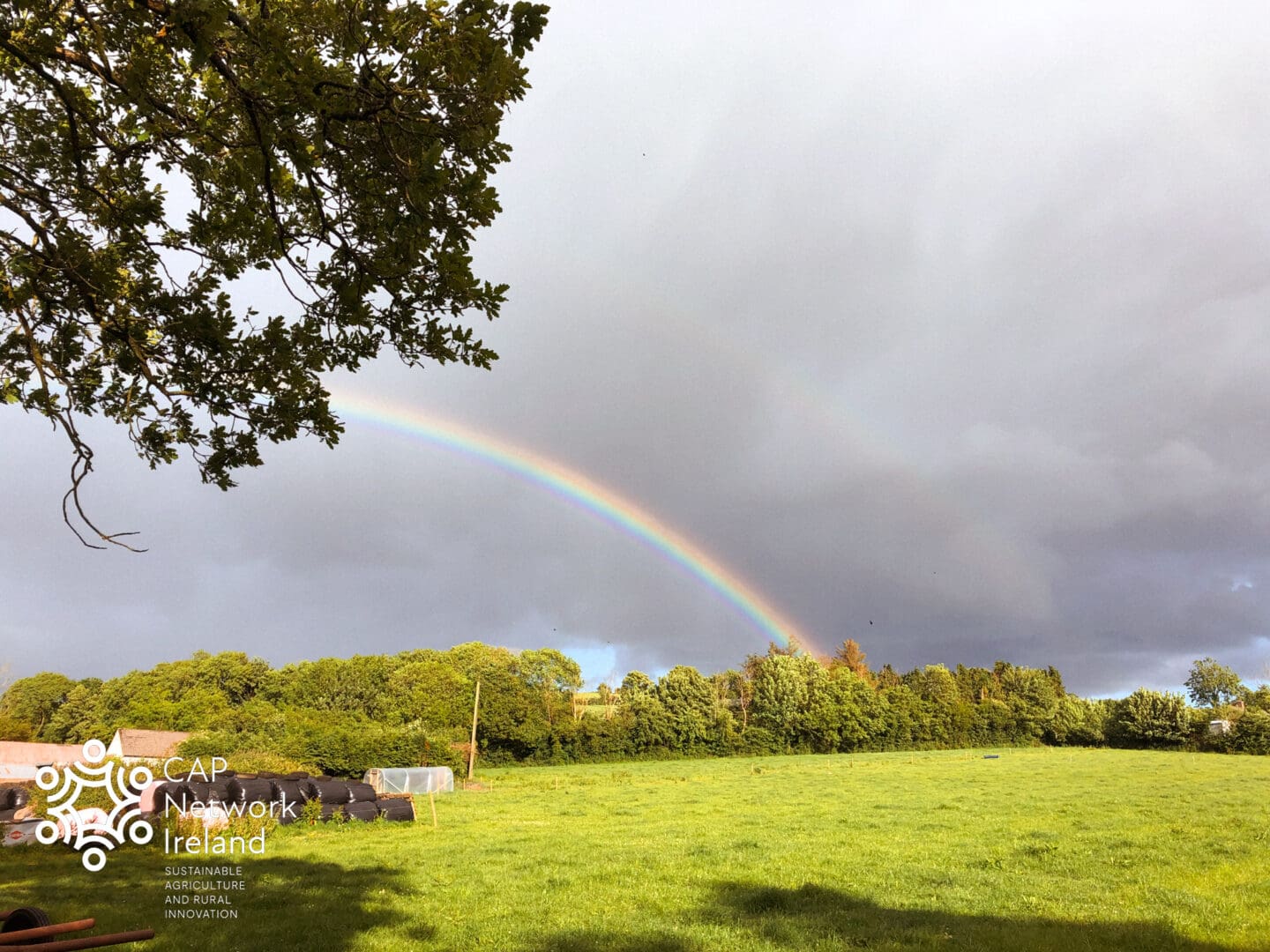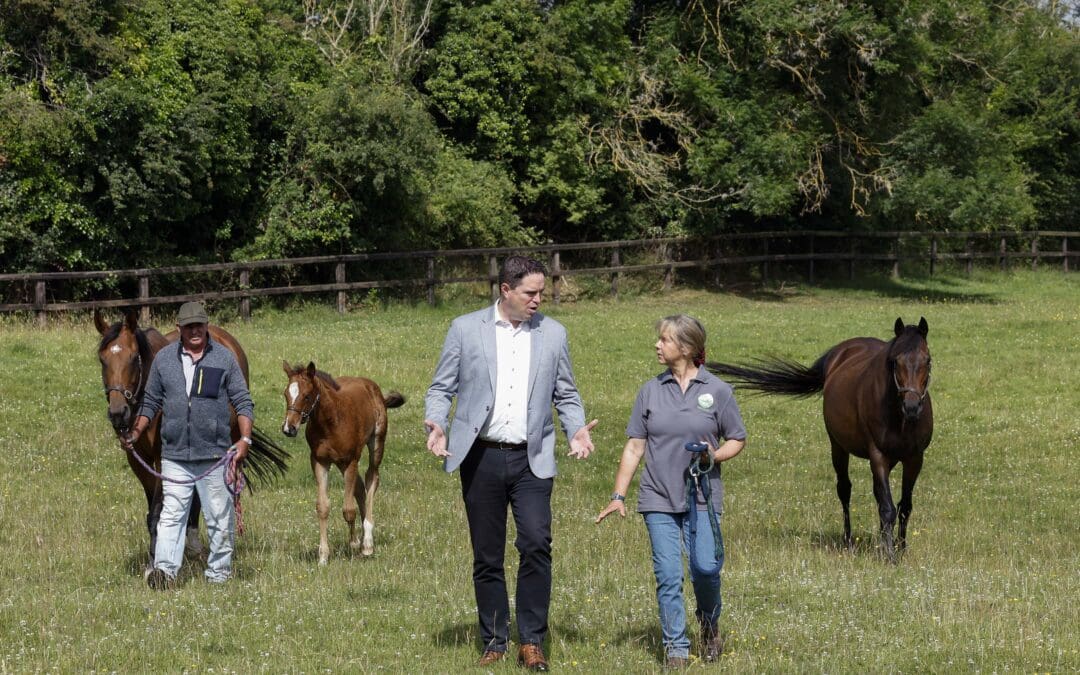The Irish agriculture sector has received welcome news with the publication of the Environmental Protection Agency’s Provisional Greenhouse Gas Emissions for 2023. The report highlighted a national reduction in emissions of 6.8% (-4.0 Mt CO2eq) year on year.
Emissions specifically from agriculture decreased by 4.6% (-1.0 Mt CO2eq) in 2023. This reduction was primarily driven by reduced fertiliser nitrogen use and reduced liming. These latest figures are seen as strong evidence that Irish agriculture is on the right path and making significant gains when it comes to climate change mitigation measures.
Commenting on the figures the Minister for Agriculture, Food and the Marine (DAFM), Charlie McConalogue, T.D, said, “it is very encouraging to see the work that farmers are putting in on the ground reflected in the results. It’s important that we maintain this positive trajectory and continue in our efforts to achieve the commitment of a 25% reduction in greenhouse gas emissions for agriculture by 2030.â€
DAFM now believe that Irish agriculture has a solid foundations on which to continue delivering on emission reductions over the next few years as policies and strategies are now bearing fruit. These include measures such as genotyping of 740,000 calves, promoting the use of renewable energy on farms, reducing the use of fertilisers and pesticides, improving soil health and promoting biodiversity.
The use of chemical nitrogen in 2023 reduced by 18%. Minister of State for Agriculture, Food and the Marine, Senator Pippa Hackett stated that the Organic Farming Scheme, the Protein Aid Scheme, and the multi species sward and red clover silage measures have all played a critical role in this reduction and these scheme should continue to be expanded. Minister Hackett said, “the area of land farmed organically has trebled to 225,500ha (5% of land area) in 3 years, meaning that we are halfway to achieving our 2030 target of 10% of Irish agricultural land being farmed organically – I am excited to keep that good work going.â€
Science and research continues to play their part in helping the agriculture sector to continue reducing emissions. The National Agricultural Soil Carbon Observatory, supplying the scientific infrastructure to measure GHG fluxes from soils under agricultural management has been established in 2024 with this project placing Ireland at the forefront of EU carbon sequestration research.
Collaboration between Teagasc, the Irish Cattle Breeding Association (ICBF) and Bord Bia on the AgNav platform will provide a whole farm sustainability assessment and include a decision support function that allows science-led plans to be made for individual farms to reduce emissions and increase carbon sequestration.â€
Research in the area of feed additives such as 3-Nitrooxypropanol, (3-NOP) will shortly be seen as 3NOP feed products will introduced onto Irish farms. 3NOP product has received European Food Safety Authority approval and has been trialled on 18 Teagasc Signpost farms in the winters if 2023 and 2024. Results show up to a 30% reduction in methane indoors.
“We will continue to support the advancement of technologies to ensure the continued positive emission trajectory of the agricultural sector. It is critical that we maintain food output whilst at the same time, reducing the climate footprint and I will continue to support farmers in delivering on this dual ambition. This is critical to maintaining a viable sector that is both economically and environmentally sustainableâ€, Minister McConalogue concluded.
To learn more about the CAP Strategic Plan 2023 – 2027 schemes contributing to reductions in greenhouse gas emissions, click here.




